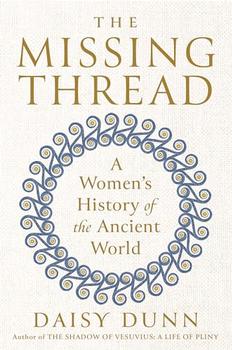Summary | Excerpt | Reading Guide | Reviews | Beyond the Book | Read-Alikes | Genres & Themes | Author Bio

In a book club? Subscribe to our Book Club Newsletter!
Please be aware that this discussion guide will contain spoilers!
About This Books
Set on the eve of World War I, Birds Without Wings
tells the story of Eskibahçe, a charming and vibrant
ethnically mixed town in present-day Turkey, and how it is
irrevocably changed by the ravages of nationalism, war,
and religious fervor. Before the war, Eskibahçe is filled
with a wild assortment of characters, Christian and
Muslim, Turkish and Armenian, the mad and the sane, the
rich and the poor, living side by side in remarkable
harmony.
There is Ali the Snowbringer, who lives with his
family and his donkey inside a hollowed-out tree; Iskander
the Potter, who supplies the town with proverbial wisdom
along with his pots; Karatavuk—Iskander’s son—and
Mehmetçik, whose deep friendship reaches across religious
barriers; Father Kristoforos and Abdulhamid Hodja, priest
and imam, who hail each other playfully as "infidels"; Rustem Bey, the landlord and protector of the town, who
finds happiness with a Circassian mistress after his wife
is nearly stoned to death for adultery.
There are lunatics
as well—a crazy Sufi known as "the Dog," who lives in a
tomb and terrifies everyone with his smile, and a man
known as "the Blasphemer," who flies into cursing fits at
the sight of any holy man. There is Philothei, a girl of
such disquieting beauty that she must be veiled, and her
besotted lover, Ibrahim the Goatherd, who will be driven
mad by the horrors of war. And there is Mustafa Kemal,
whose military daring will lead him to many stunning
victories against the invading Western European forces and
to a reshaping of the whole region. What happens to these
characters—and their beloved town—because of the war is
the great tragedy that Birds Without Wings describes with such unforgettable vividness.
For Discussion
Suggested Reading
Paul Bowles, The Sheltering Sky; Lawrence Durrell,
The Alexandria Quartet; John Fowles, The Magus;
A. R. Homer, The Mirror of Diana; Gabriel García
Márquez, One Hundred Years of Solitude; James
McBride, Miracle at St. Anna; Henry Miller, The
Colossus of Maroussi; Leo Tolstoy, War and Peace.
Copyright Vintage Books.
Unless otherwise stated, this discussion guide is reprinted with the permission of Vintage. Any page references refer to a USA edition of the book, usually the trade paperback version, and may vary in other editions.




Your guide toexceptional books
BookBrowse seeks out and recommends the best in contemporary fiction and nonfiction—books that not only engage and entertain but also deepen our understanding of ourselves and the world around us.